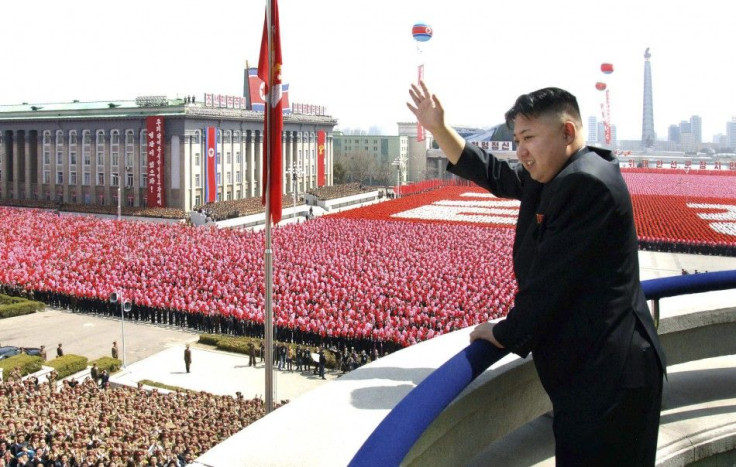North Korea Will Not Permit IAEA Inspectors Into Nuclear Facility: Japanese Media

North Korea won't permit officials from the United Nations’ nuclear watchdog, the International Atomic Energy Agency (IAEA), into the country to inspect its uranium enrichment activities, according to a report in Japanese media.
Citing diplomatic sources, the Yomiuri Shimbun newspaper of Japan said North Korea’s action follows a decision by the United States to cancel a food aid program in retaliation for Pyongyang sending up a long-range ballistic missile last Friday. (That launch ended in failure as the rocket fell into the sea minutes after take-off). Pyongyang officials claimed the rocket was carrying a communications satellite.
Japanese media speculated that recent events will likely mean that the bilateral agreements that North Korea and the U.S. reached in February will be shelved. Under the prior agreements, North Korea agreed to suspend nuclear testing and missile launches and allow IAEA inspectors to observe activities at the Yongbyon nuclear facility -- all in exchange for much needed food aid from Washington.
Kyodo News of Japan reported: After the U.S. and North Korea reached the deal [in February] the official said North Korea and IAEA 'entered into a serious discussion'. [The source] expressed the view that North Korea initially believed U.S. food aid would be released even after the 'satellite' launch.
Cancellation of the bilateral agreement may also lead to North Korea seeking to conduct a third nuclear test, Japanese media speculated. In that event, the U.S. would likely further tighten sanctions against North Korea in league with the UN, its allies as well as China, Pyongyang’s erstwhile ally.
The UN Security Council – including China and Pakistan -- has already “strongly condemned” North Korea’s rocket launch and raised questions about its “grave security concerns in Asia.
The Security Council expresses its determination to take action accordingly in the event of a further [North Korean] launch or nuclear test, the UN Security Council said in the statement.
Ambassador Susan Rice of the U.S. declared: “The Security Council directed its North Korea Sanctions Committee to designate additional North Korean entities, including companies, to be subject to an asset freeze, as well as to identify additional proliferation-sensitive technology to be banned for transfer to or from North Korea. The Committee will also take several other actions to improve enforcement of existing sanctions.”
China, however, has called for restraint and more dialogue in dealing with North Korea.
It has been proven that dialogue and consultations are the only correct way to solve problems, Beijing foreign ministry spokesman Liu Weimin said, according to the Xinhua news agency.
© Copyright IBTimes 2024. All rights reserved.




















